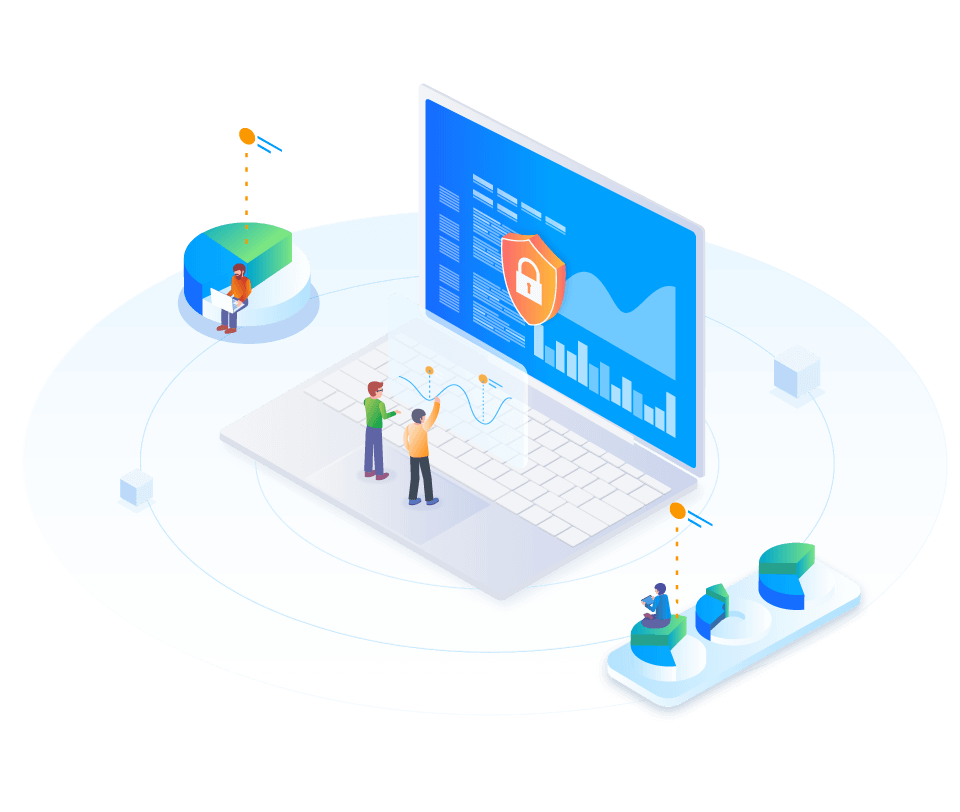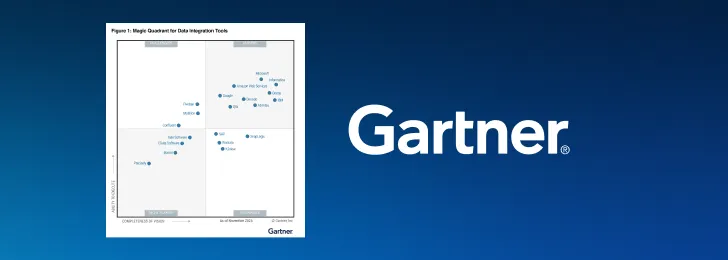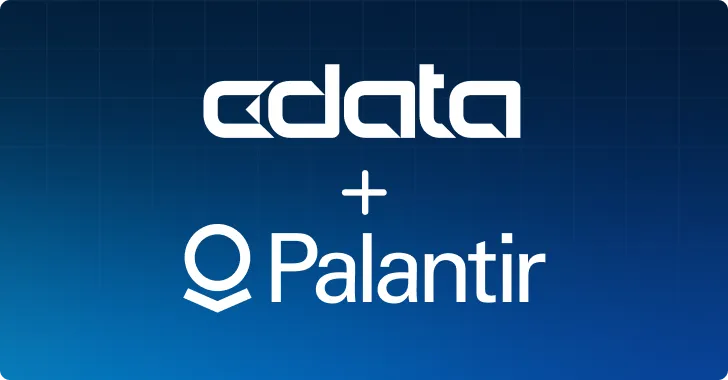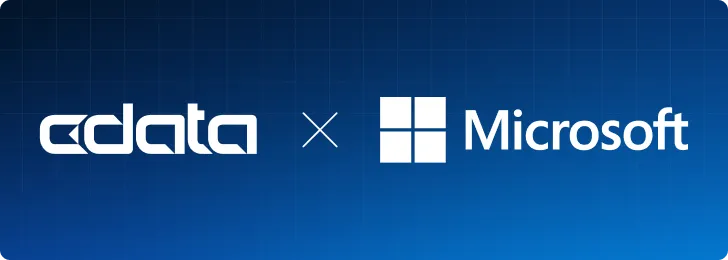
With global data creation poised to reach 181 zettabytes by 2025, businesses are pushing to create data-driven opportunities with better strategies for handling information. To become more effective with their data strategy, organizations are putting concepts like data enablement, data governance, and data management into action.
The most effective data initiatives will capitalize on new opportunities, while accounting for new risks. Let’s explore how each concept helps augment your business decision-making, comply with expanding legal regulations, and securely democratize your data access.
Data enablement and data governance drive successful data management
Data management covers a large umbrella of processes and practices for collecting, storing, organizing, and making it possible to work with data. Managing data typically involves disciplines like data modeling and data integration, in addition to:
- Data governance to set rules and definitions that guide the use of high-quality data, and
- Data enablement to set technical systems in place that allow access to and action on data.
It’s no secret that leveraging data drives better business outcomes, but organizations first need to be able to access and extract meaning from that data reliably and consistently. They need to ensure data quality, improve data access, and empower data-driven decisions as part of their strategy. Enterprise data management strategies ensure that mass volumes of organizational data become an advantage rather than a burden.
Through effective data management, data is vetted as trustworthy, reliable, and secure via data governance, and is made actionable via data enablement.
What is data enablement?
Data enablement is the process of making organizational accessible and visible across the business. The process includes breaking down data silos and creating an environment where data is easily collected and integrated. This allows lines of business to gain access to and understanding of their data for informed decision-making and optimized operations.
How is data governance different from data enablement?
Data enablement is a strategy that can help data teams enforce data governance policies. Data governance is the process of establishing policies and controls around data to ensure data quality, security, and compliance. While data enablement promotes accessibility and data usage, data governance ensures that guardrails are in place around that data so it remains secure and governed when shared across the organization.
Why data management matters more than ever
Organizations of all sizes now generate and collect unprecedented amounts of data, which helps them to make decisions, drive operations, and develop effective communications with internal and external partners.
Data management strategies like data governance and data enablement insulate organizations from concerns with:
1. Legal regulations
More regulatory compliance requirements like GDPR and CCPA are appearing in major commercial regions across the globe to keep organizations accountable for all customer and employee data privacy and data security. Especially in highly regulated industries like healthcare and financial services, compliance is crucial to avoid extensive legal issues.
Data governance policies and processes keep organizations compliant, with features like metadata management, SSO, and user permissions to ensure that organizations can identify and protect sensitive or confidential data from unauthorized access.
2. Expenses
Large volumes of data are costly to store, connect, and consolidate. For instance, some healthcare compliance standards require organizations to archive patients’ data for decades.
Organizations often leverage data warehouses, databases, and data lakes to manage everything from long-term compliance archives to data sprawl from multiple customer engagement channels. However, as needs change and organizations migrate from on-premises to hosted cloud systems, data storage not only gets complicated, but also costly.
Modern data pipeline technologies can help organizations make use of their data storage investments by allowing them to replicate, translate, and leverage their data in the applications they use every day.
3. Productivity
In order to be effective, line of business (LOB) teams must leverage all of their data to make informed decisions, analyze trends, and streamline operations. Often, however, their data is siloed across dozen of applications and systems, and LOBs are forced to rely on IT to create custom integrations to connect their data before it can be actionable.
But IT are not experts in the nuanced ways LOBs use their applications and the data that is produced from these different systems. This means that both teams must spend weeks to months going in circles discovering which data is relevant, reliable, and actionable.
By implementing data enablement best practices however, organizations can solve IT bottlenecks and democratize data across their company. Easy-to-use data connectivity solutions enable line-of-business operations teams like Sales Ops to access and action their own data – without opening a ticket for IT to connect their applications.
4. Competitive edge
Data-driven businesses are becoming ubiquitous as data grows more accessible. Leaders are forced to make vital, data-driven decisions at a rapid clip or risk falling behind. Real-time access to data across an organization can give employees up-to-date, holistic view into the customer journey, financial health, sales projections, and much more.
As part of a modern data management strategy, democratized access to real-time data helps organizations to support more responsive business decisions while minimizing operational disruptions.
Better data management starts with better data access
Business decisions don’t have to be bottlenecked by advanced technical data skills. Modernized data solutions allow lines of business to handle more of their connectivity and integration needs themselves — while technical data teams can augment their own workflows and simplify their workloads.
CData offers a roster of modern real-time data connectivity solutions that enable many organizations to automate and simplify their data management practices.
Access all your cloud data with CData Connect AI
CData Connect AI is a cloud-based data virtualization platform that provides organizations with simple, secure access to live data across their tech stack. Leveraging the centralized hub, data teams benefit from centralized data connectivity and management, effective data enablement, and streamlined governance. Easy-to-use no-code integration capabilities enable employees to access and leverage their data without the need for IT intervention, while granular user permissions and SSO (single sign on) features allow IT to easily govern data access.
Try CData Connect AI
Optimize your data management strategy with a free trial of CData Connect AI today.





